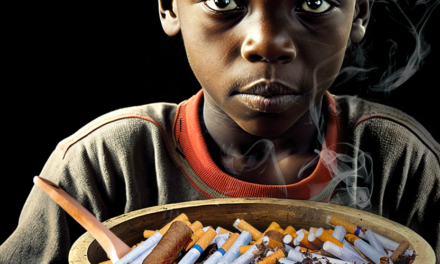On 7 April 2023 ̶ World Health Day ̶ the World Health Organization will observe its 75th birthday.
In 1948, countries of the world came together and founded WHO to promote health, keep the world safe and serve the vulnerable – so everyone, everywhere can attain the highest level of health and well-being.
WHO’s 75th anniversary year is an opportunity to look back at public health successes that have improved quality of life during the last seven decades. It is also an opportunity to motivate action to tackle the health challenges of today ̶ and tomorrow.
For the public
|
|
Health For All envisions that all people have good health for a fulfilling life in a peaceful, prosperous, and sustainable world. | |
|
|
The right to health is a basic human right. Everyone must have access to the health services they need when and where they need them without financial hardship. | |
|
|
30% of the global population is not able to access essential health services. | |
|
|
Almost two billion people face catastrophic or impoverishing health spending, with significant inequalities affecting those in the most vulnerable settings. | |
|
|
Universal health coverage (UHC) offers financial protection and access to quality essential services, lifts people out of poverty, promotes the well-being of families and communities, protects against public health crises, and moves us toward #HealthForAll. | |
|
|
To make health for all a reality, we need: individuals and communities who have access to high quality health services so that they can take care of their own health and that of their families; skilled health workers providing quality, people-centred care; and policy-makers committed to investing in universal health coverage. | |
|
|
Evidence shows that health systems powered by a as primary health care (PHC) approach is the most effective and cost-effective way to bring services for health and well-being closer to people. | |
|
|
COVID-19 set back every country’s journey to #HealthForAll. | |
|
|
COVID-19 and other health emergencies, overlapping humanitarian and climate crises, economic constraints, and war, have made every country’s journey to #HealthForAll more urgent. Now is the time for leaders to take action to meet their universal health coverage commitments and for civil society to hold leaders accountable. | |
|
|
Progress needs to be accelerated if health-related SDGs are to be met. |

For Member States
|
|
Investing in strong health systems is critical for a prosperous society. Increasing public financing for health and lowering out-of-pocket health costs saves lives while advancing the Sustainable Development Goals beyond health. | ||||||||||||||||
|
|
Strong health systems are needed to deliver both universal health coverage and emergency preparedness. | ||||||||||||||||
|
|
Universal health coverage is a political and social choice. We need strong political leadership and public demand. | ||||||||||||||||
|
|
Healthy living environments can transform people’s lives. | ||||||||||||||||
|
|
WHO recommends increases in “health taxes” on tobacco, alcohol, added sugar, and fossil fuels. These taxes bring in much needed public revenues. | ||||||||||||||||
|
|
Between 2023-2030 there is a projected shortfall of 10 million health workers worldwide. Investment in education and job creation for the health sector is needed. | ||||||||||||||||
ACTION POINTS
|
Demand your right to access the health services you need without falling into financial hardship! |












